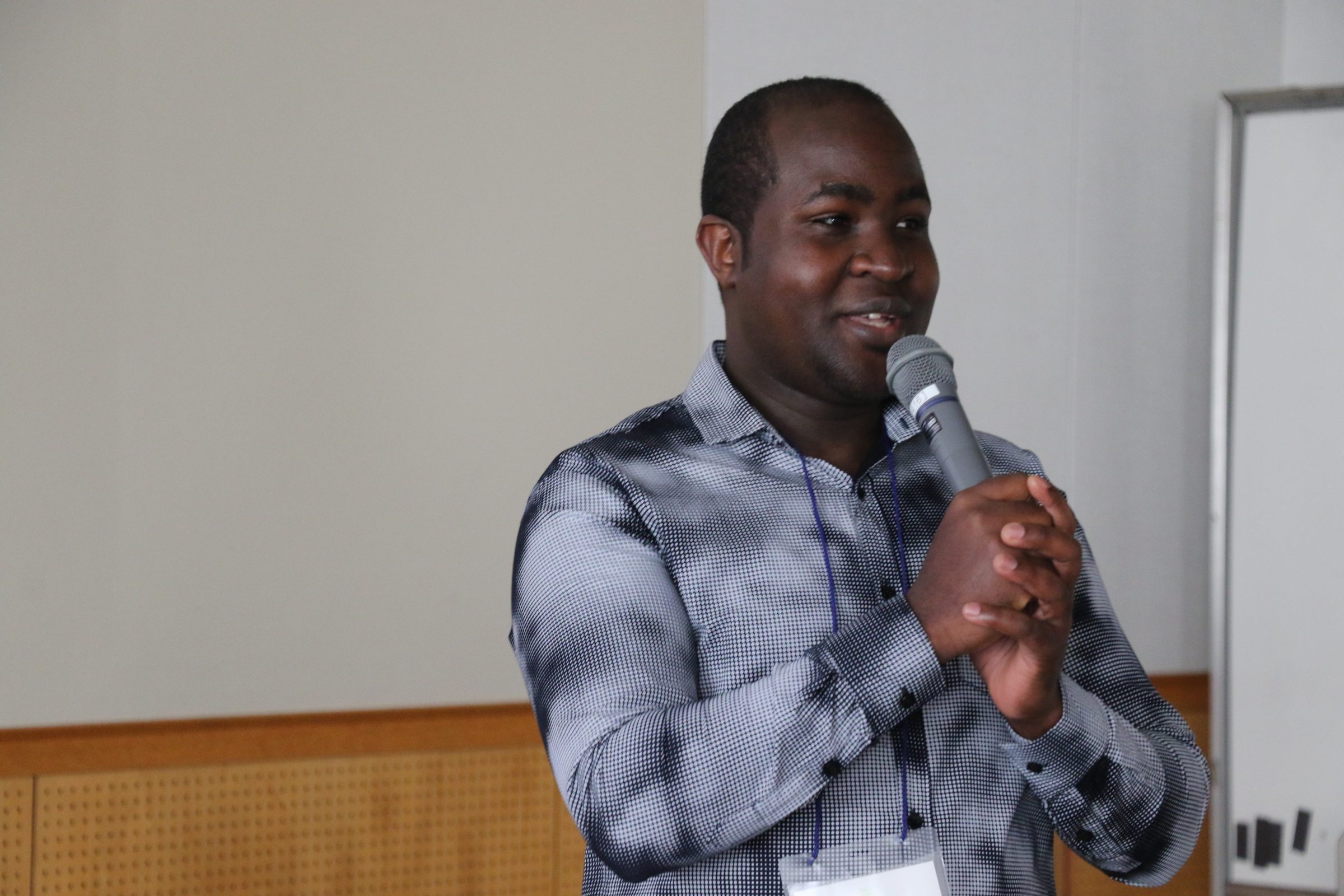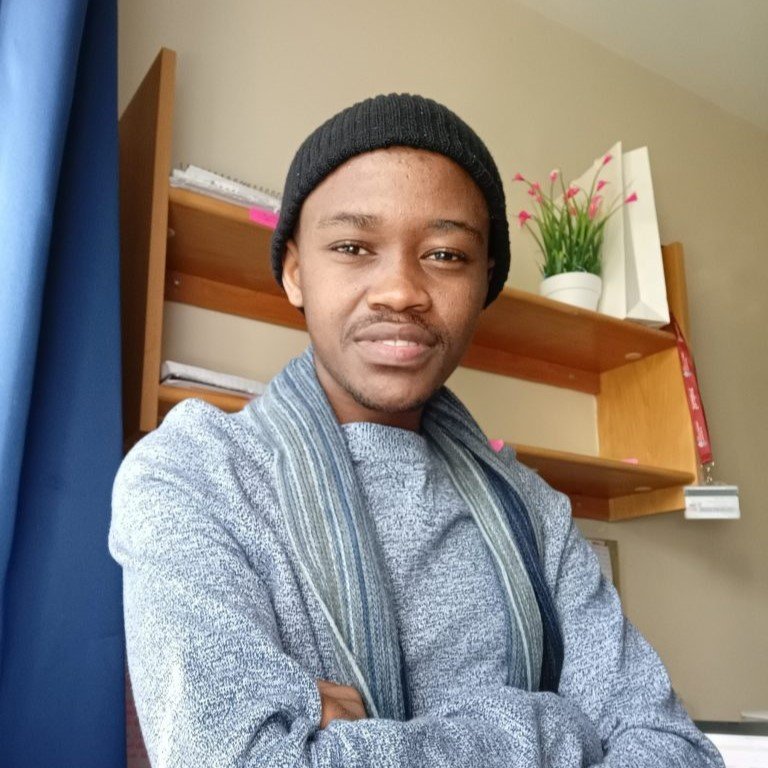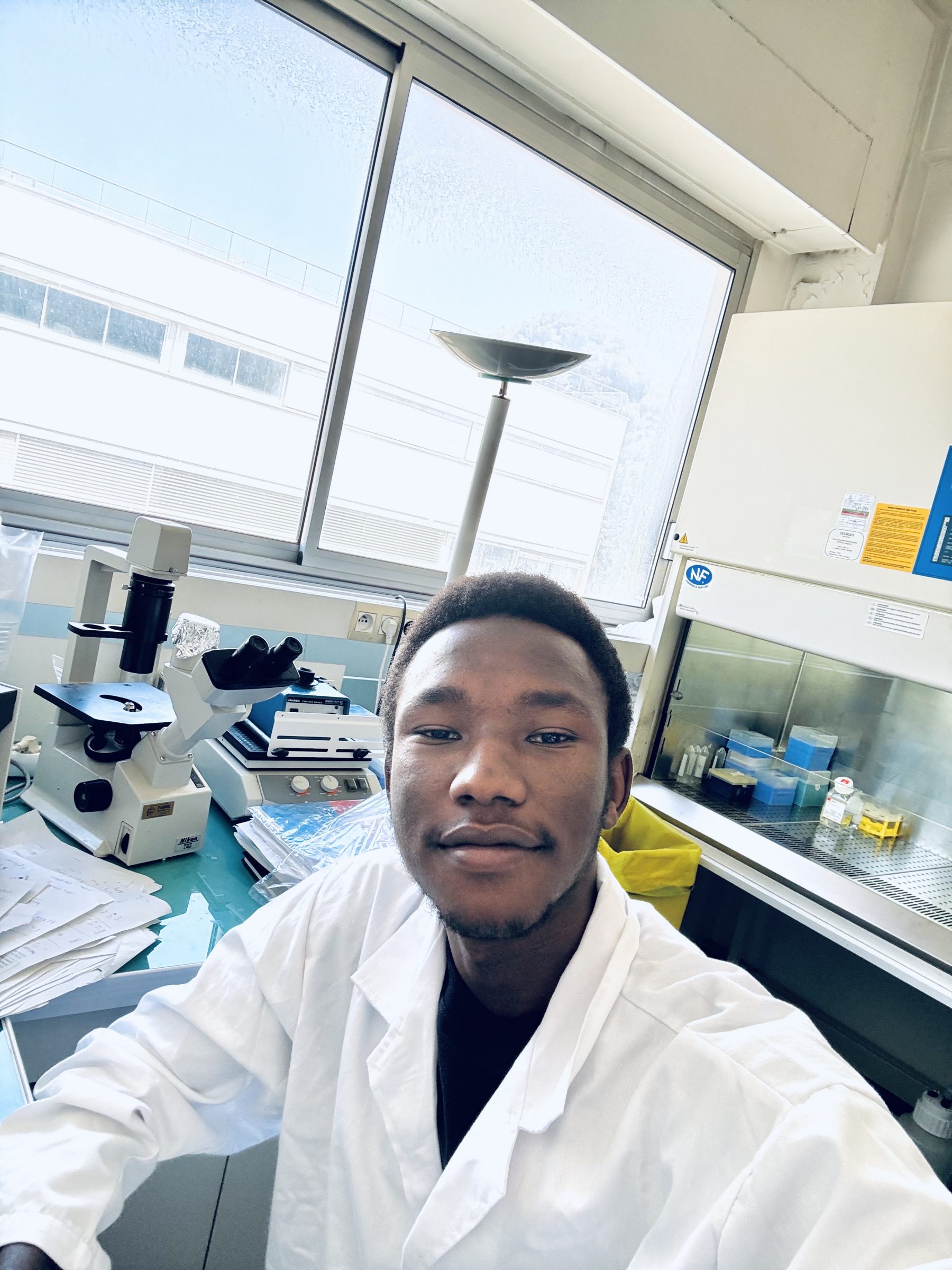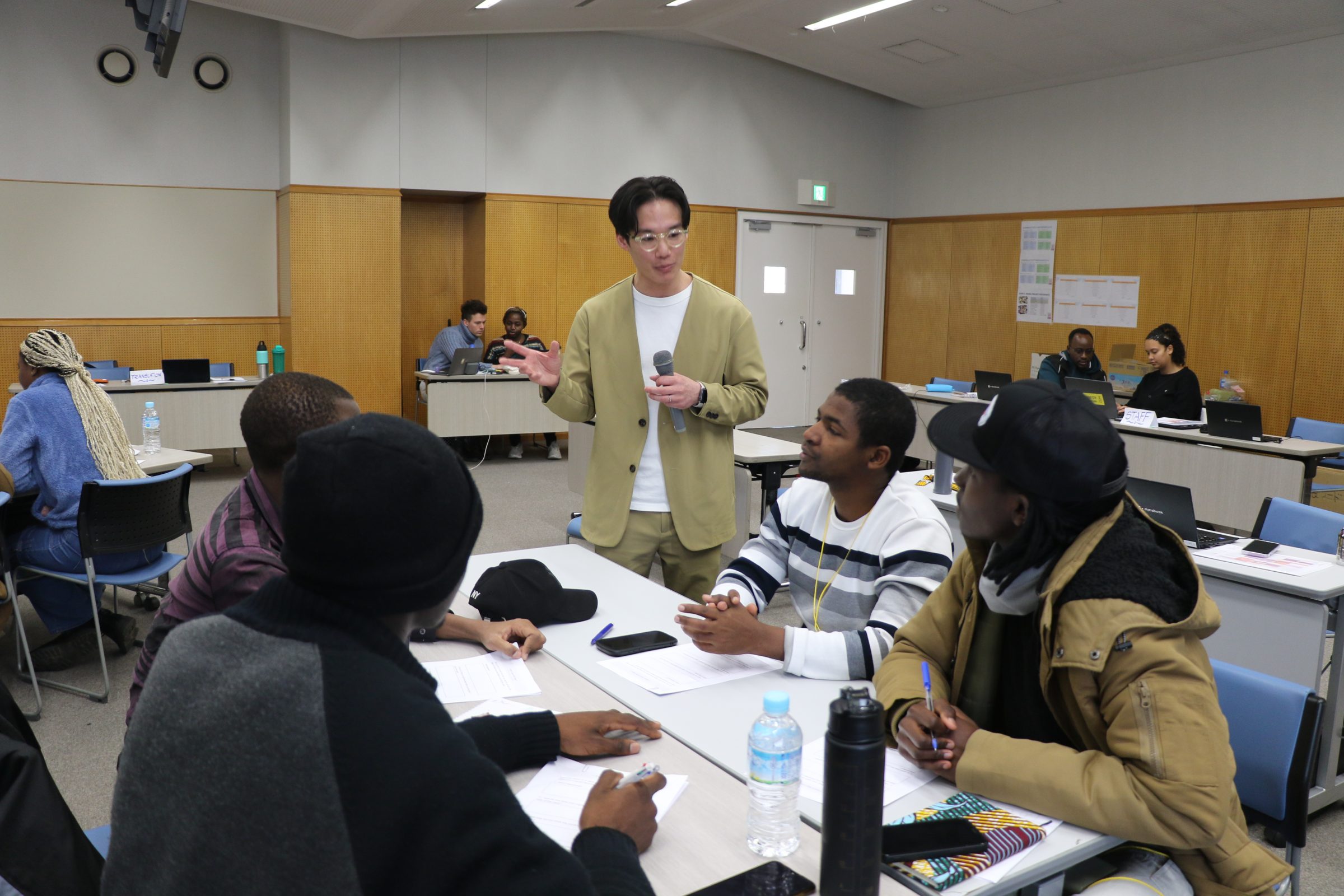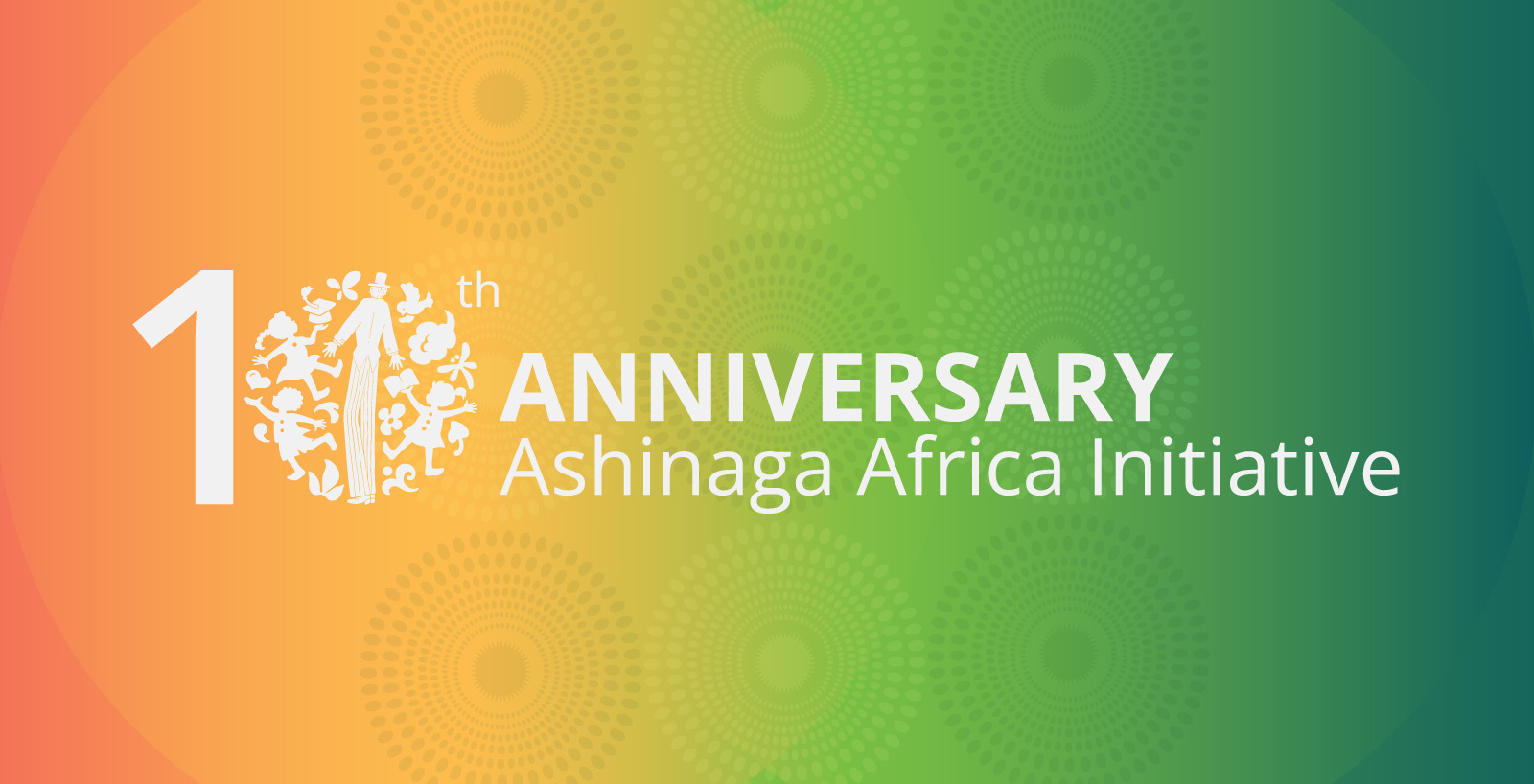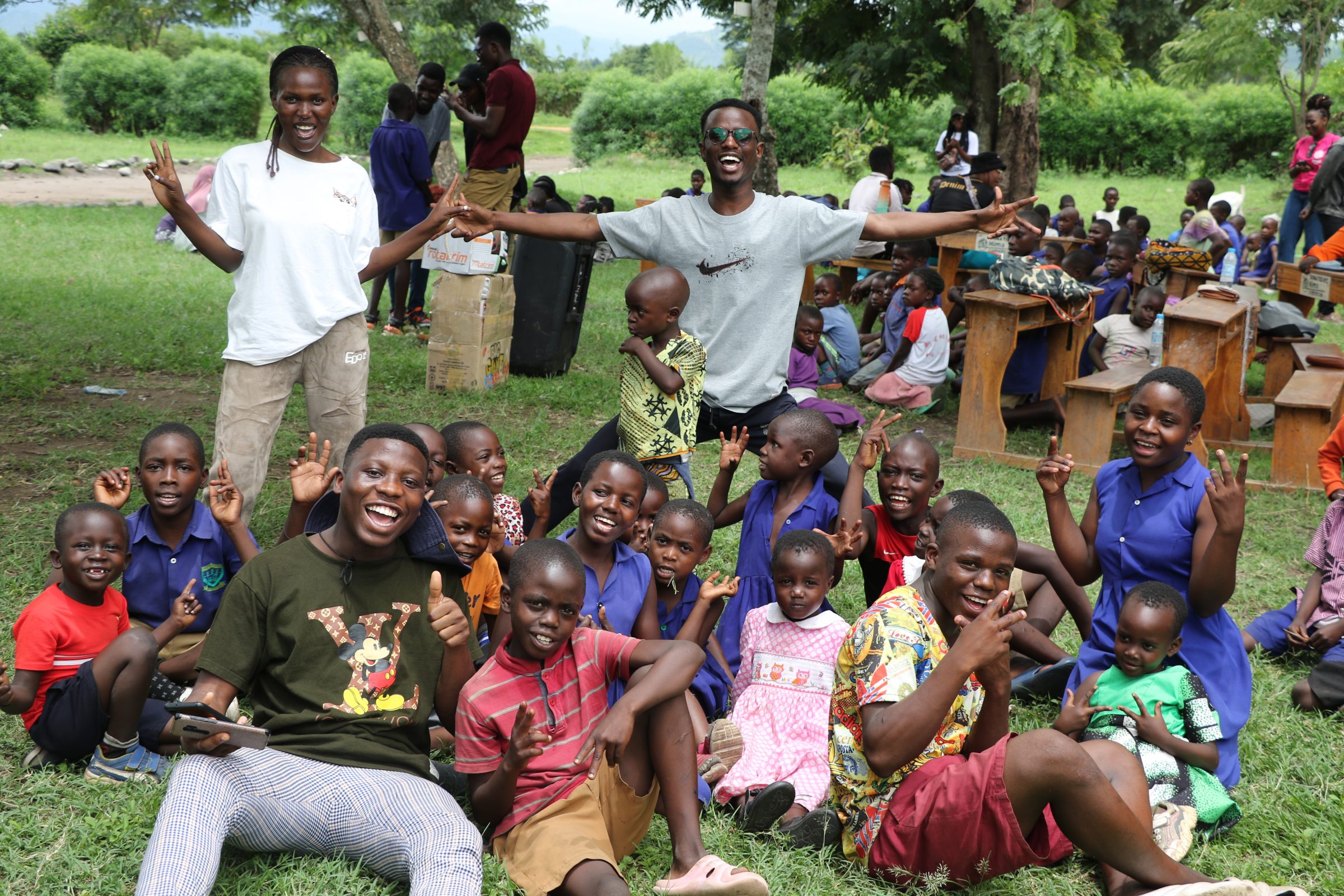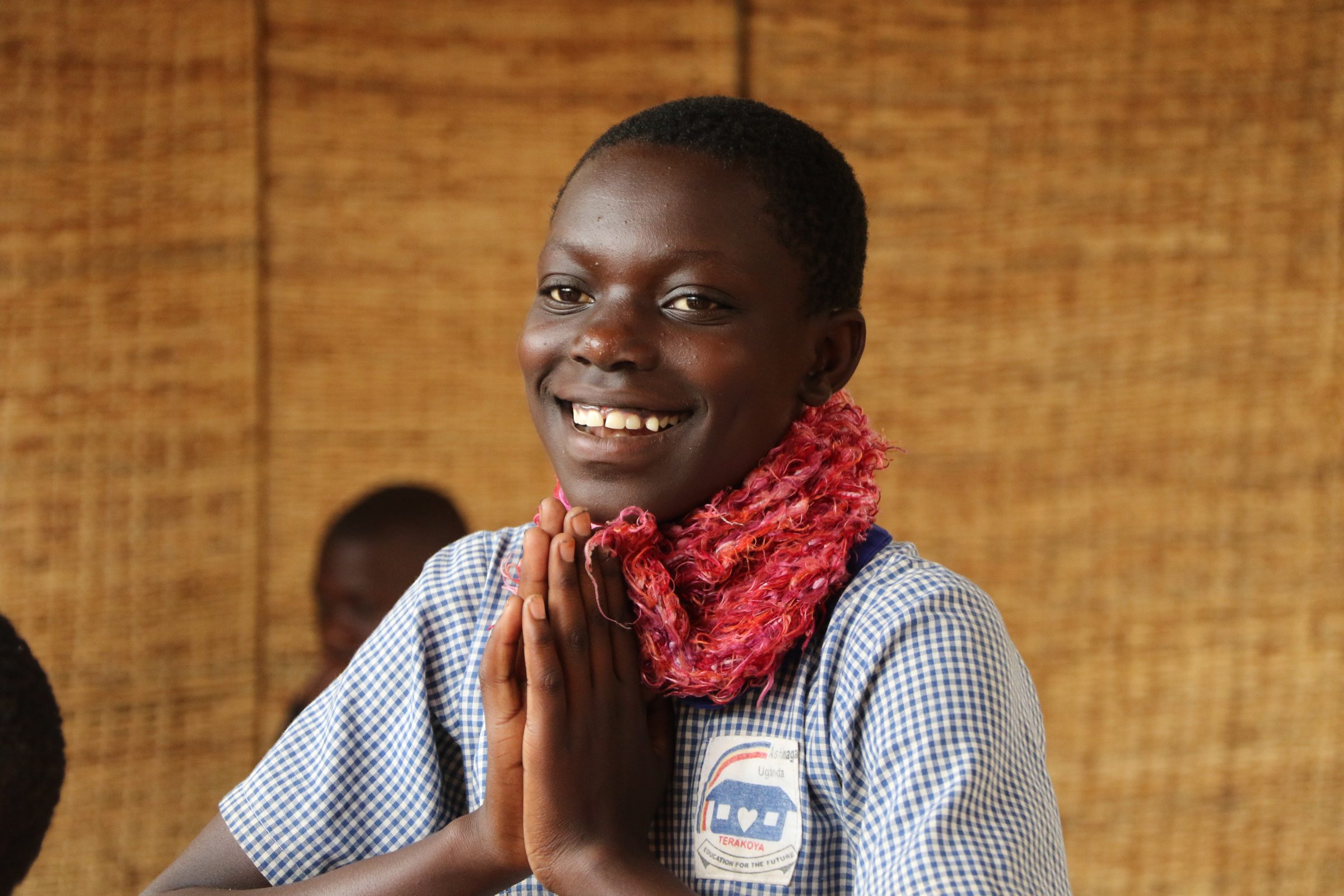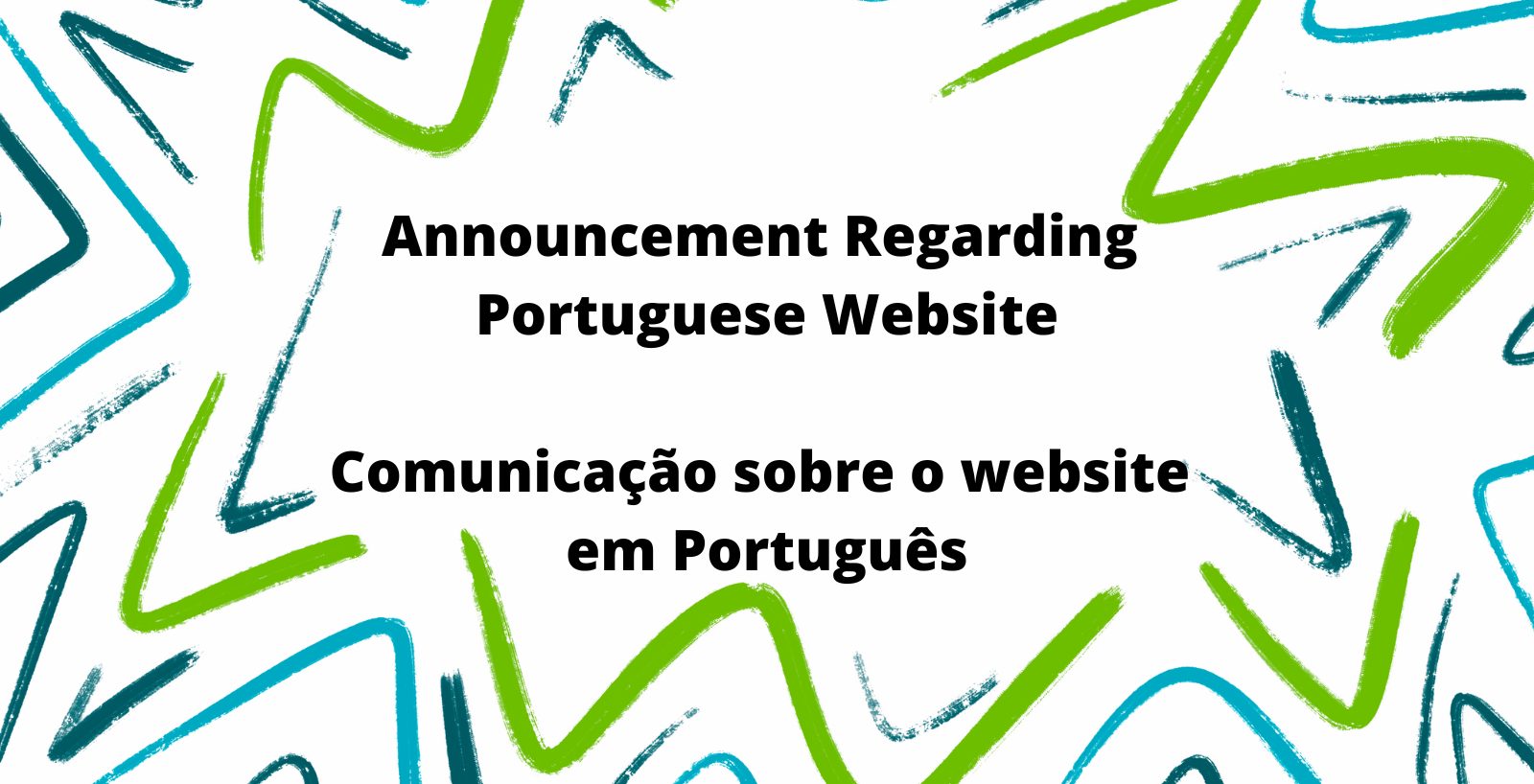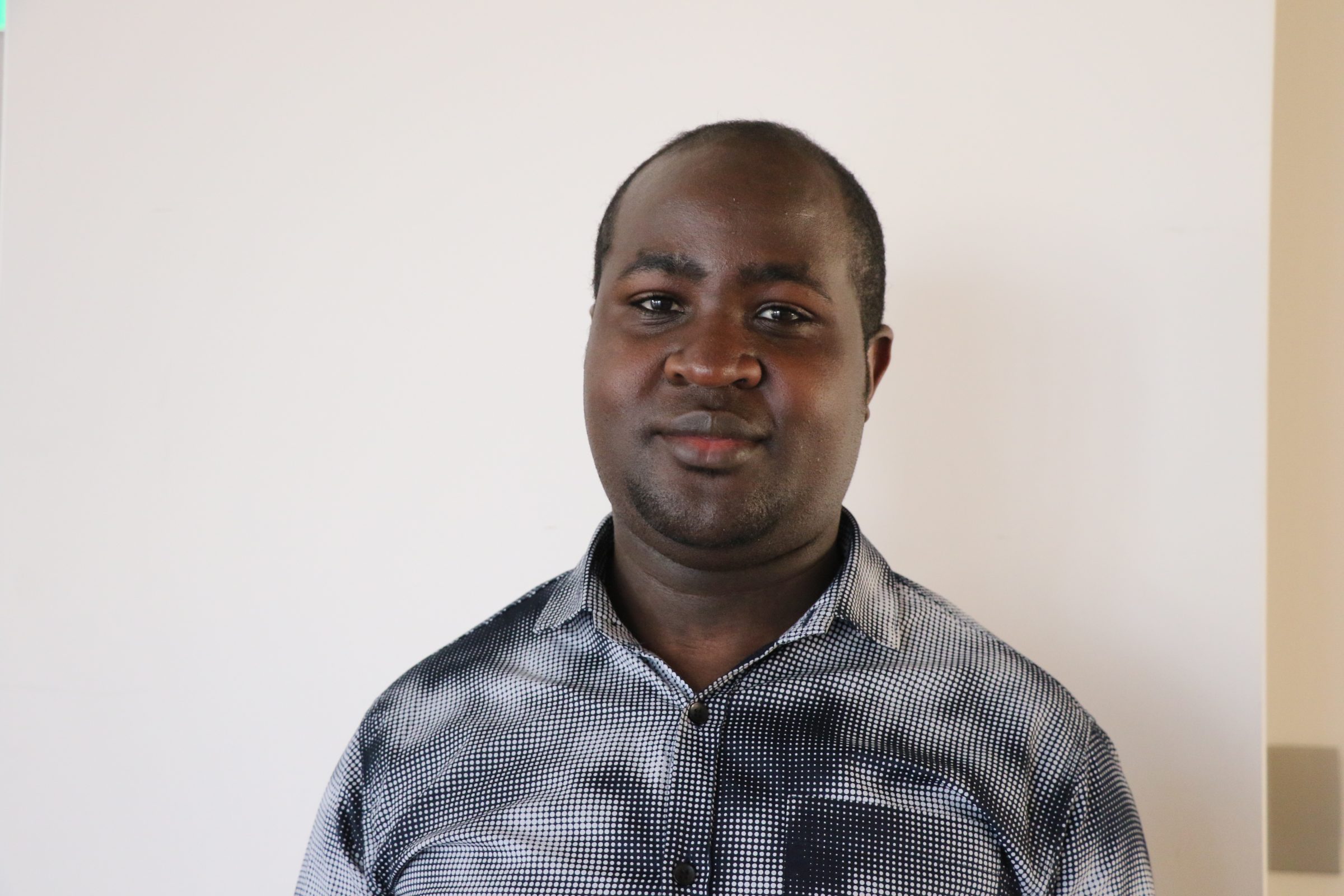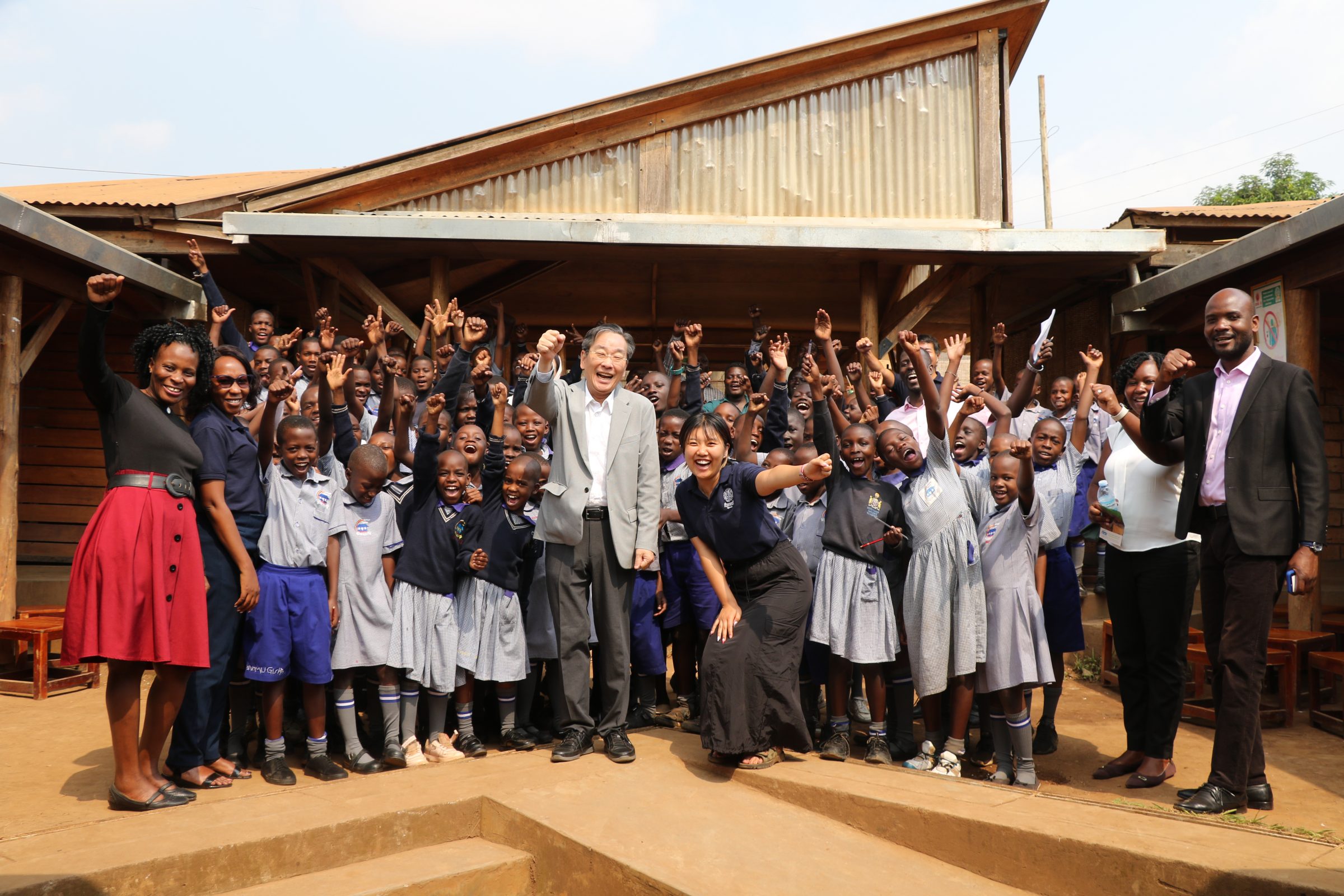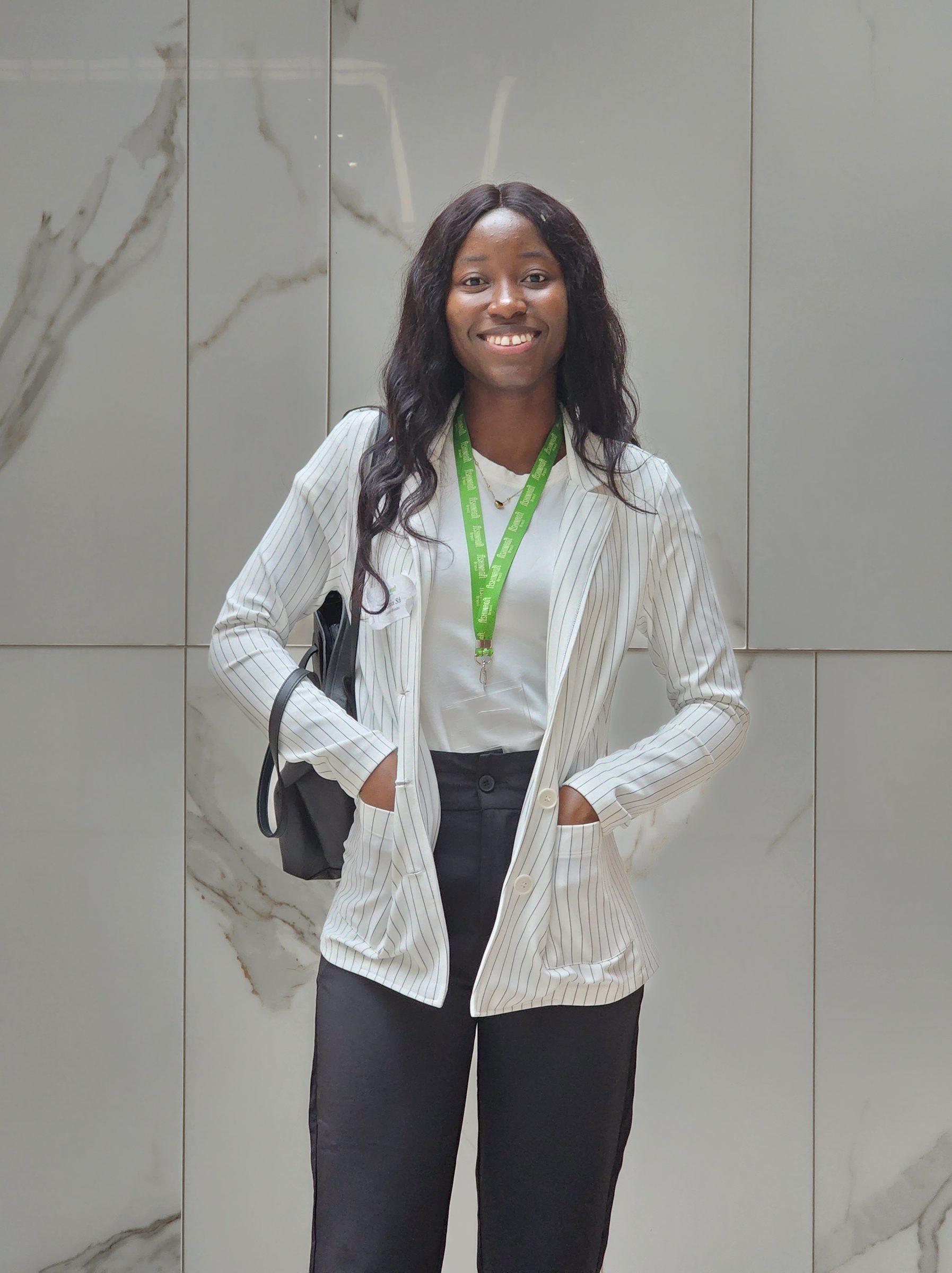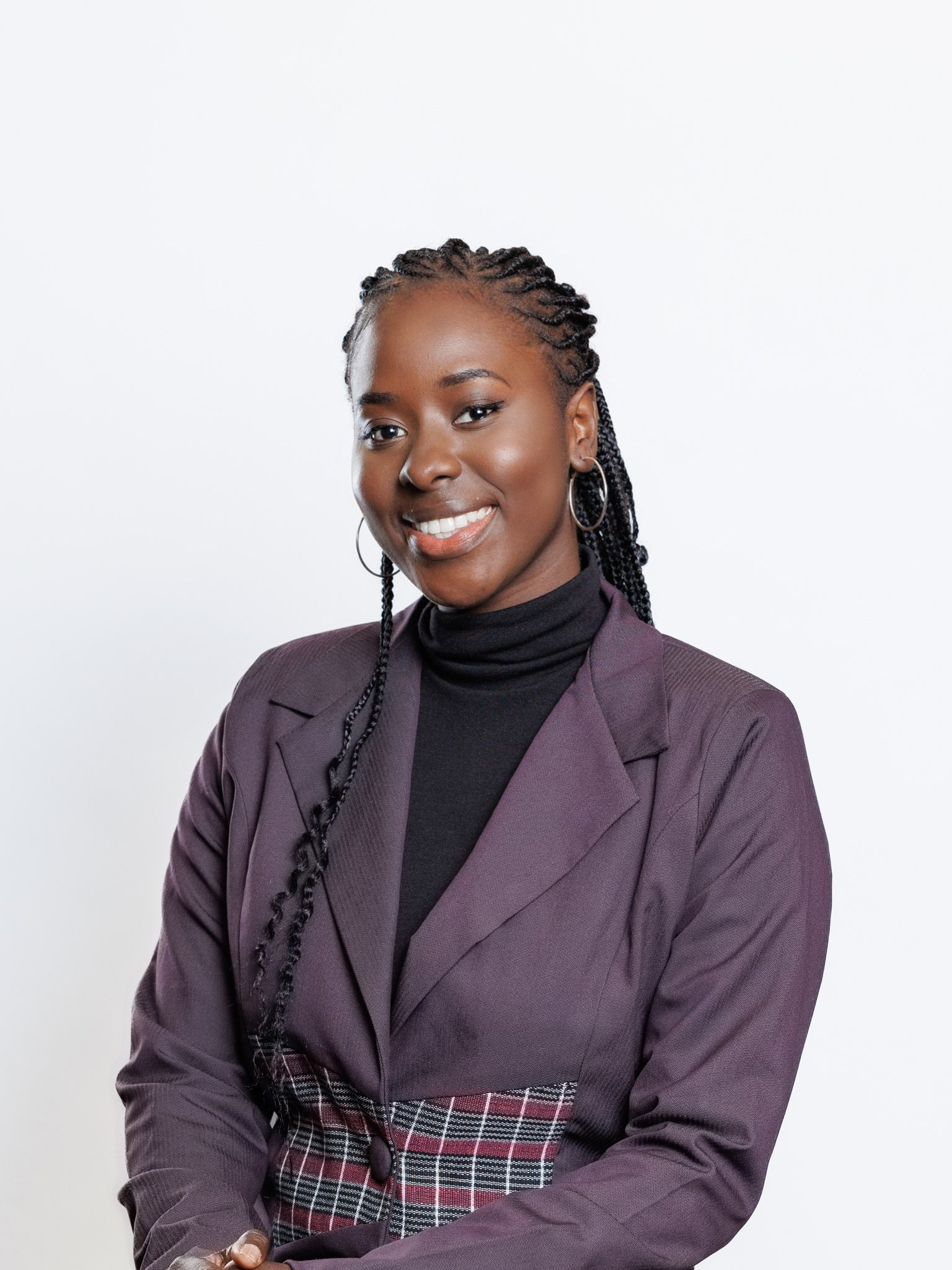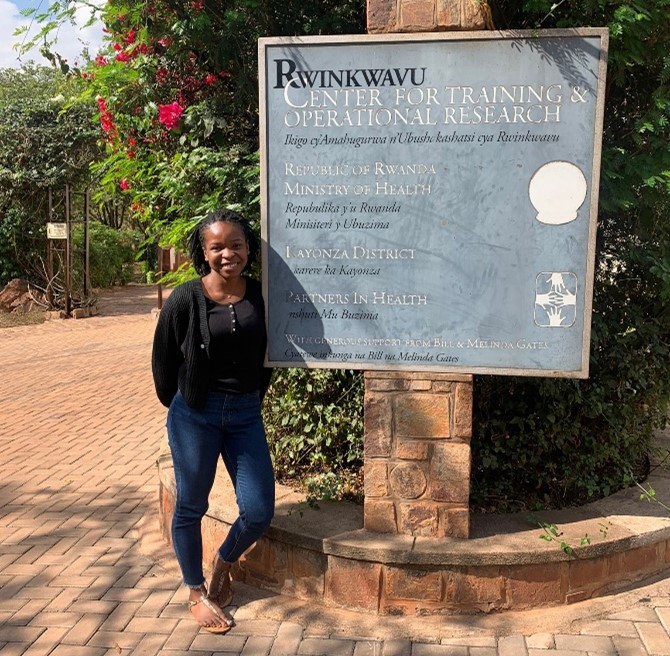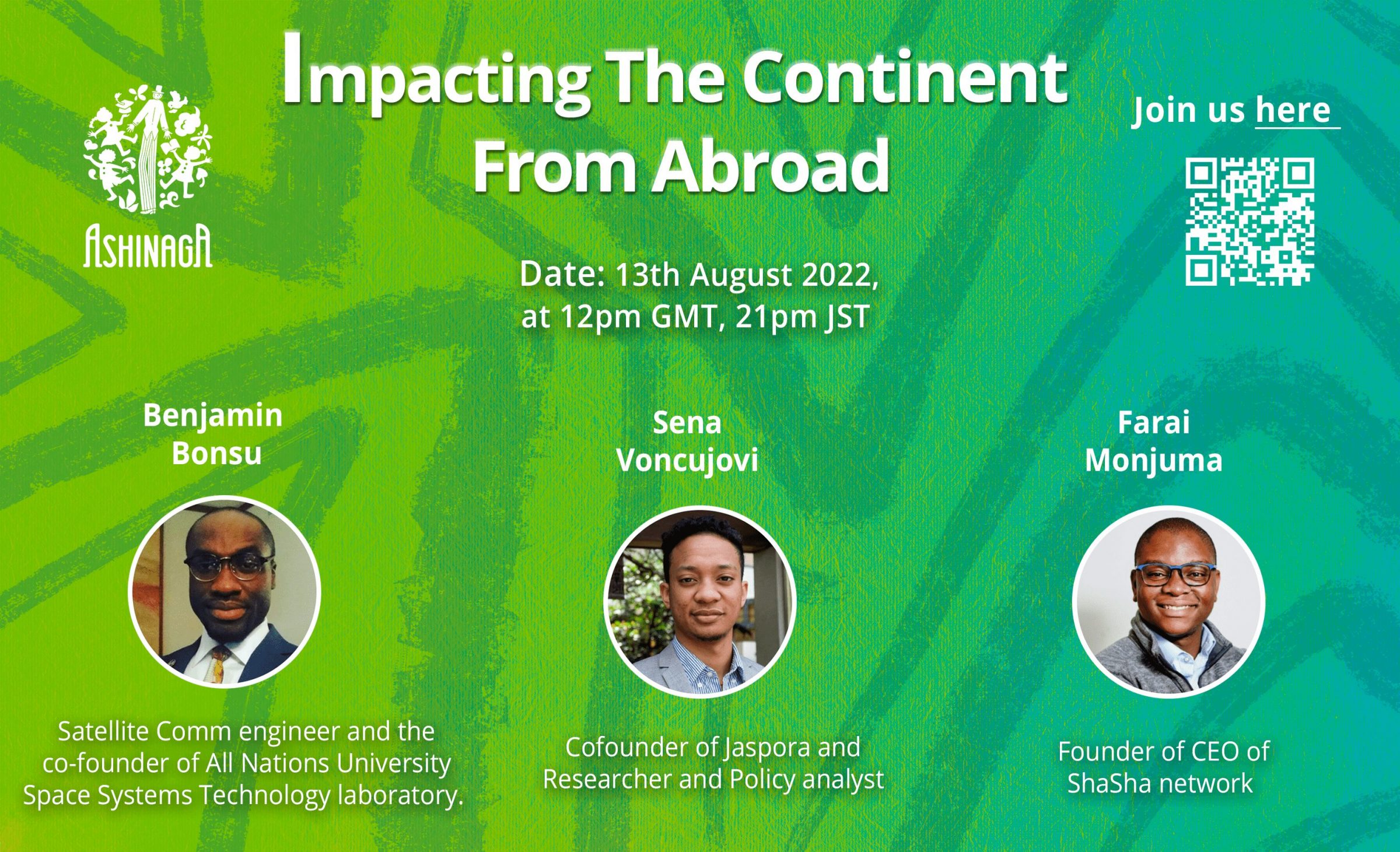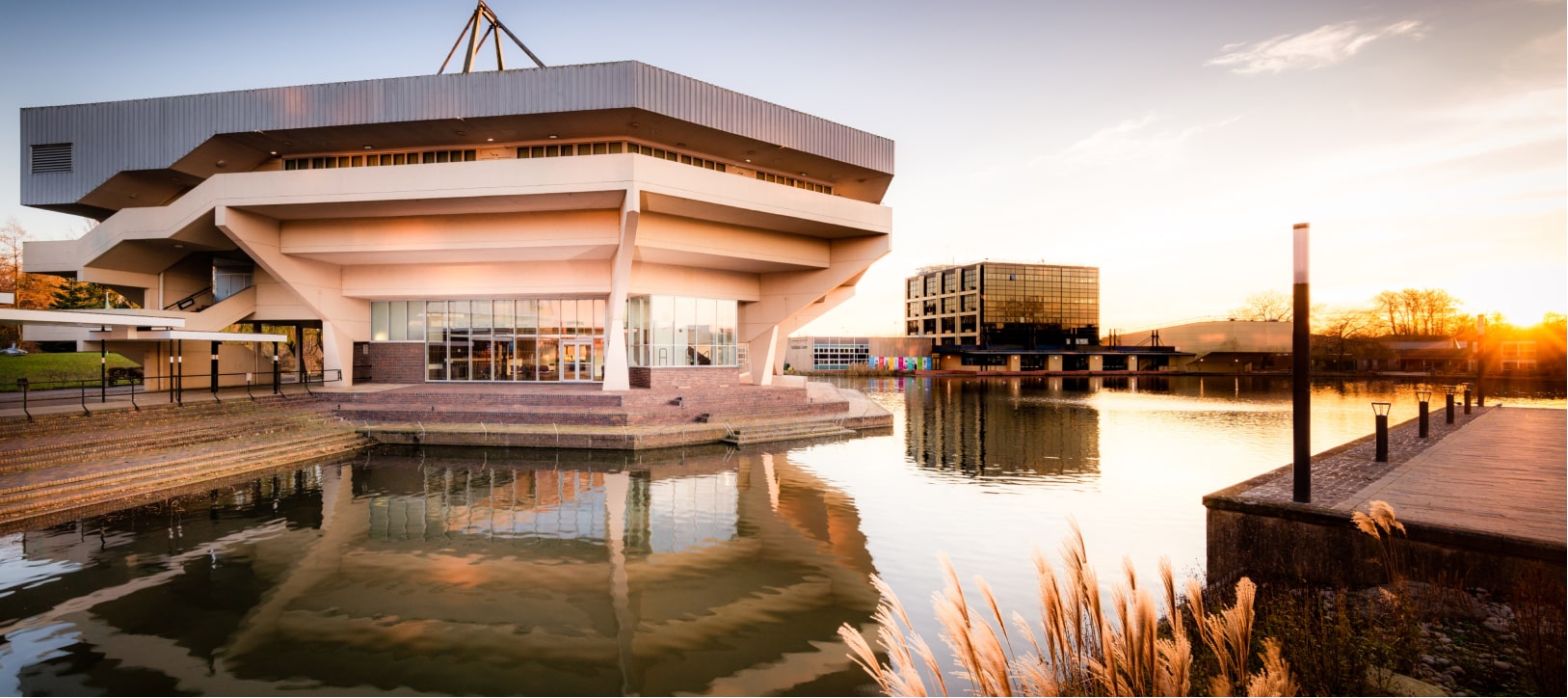Lusophone AAI Scholar: My Life During the Pandemic
The coronavirus pandemic took the whole world by surprise, and adapting to the new reality hasn’t been easy, especially regarding education and mental health.
In the beginning, a great uncertainty loomed as I didn’t know how long this social isolation would last or how it would affect my studies and my mental health. It was challenging to be locked up at home in one room, and it ended up being suffocating, even though I had a routine of study and internship.
The most significant difficulty I had during this period was concentrating 100% on online classes. 2020 was when I started night classes, and I found it challenging to engage in lessons until the end without falling asleep, firstly because I still wasn’t accustomed to the new routine, and secondly because there were times when I couldn’t stay awake. That destabilized me greatly and reflected in the low grades I received for the first exams of the first semester of 2020.
In addition to having to adapt to a new learning method, I felt anxious a lot of the time and stressed by being confined and socially distant during quarantine. Dealing with anxiety and fear daily because of that period of uncertainty ended up being a massive challenge for me and my academic progress.
My fear extended to the humanitarian aspect, the speed at which the virus took hold, the absurd number of deaths per day, the problems which came about because of the pandemic; extreme hunger in various parts of the word, people losing their jobs, and the number of people who died from hunger, because they couldn’t go outside to earn a living.
The world was turned upside down, and I couldn’t just think about myself. Thank God I didn’t lack anything, and I am very grateful to Ashinaga for not letting down its students at any moment. I saw friends of mine who weren’t as lucky and unfortunately had to go back to their countries because they couldn’t support themselves; many even had to give up their studies.
The health agencies encouraged responsible self-care as an effective strategy for dealing with your health. This action was fundamental to looking within and redoubling care for my own health and that of those around me. Being conscious and responsible for myself is fundamental to protecting my life and that of others around me.
Thank God that I haven’t been infected up to this point, and so far as I’m concerned, I won’t ever test positive for COVID-19. Even though things are under better control, and I’ve already received the first dose of the vaccine, I still think it’s essential to take care of myself.
Life is full of trials and tribulations, and as they say, crisis creates opportunities, and it’s in those that people can reinvent themselves and move on because, despite all the chaos in which we are living, life must go on regardless. The choice is ultimately ours, whether we sit and sulk or get up and try to find solutions.
To that end, I decided to change my routine. I started meditating and doing yoga to take care of my mental health, which was severely affected. I started participating in online training meetings, reading, and participating in lectures covering leadership and interpersonal relations. I did my best to adapt to the new normal, I reprogrammed my study schedule, and I was able to focus on my classes. As a result, my grades improved and my anxiety reduced, thanks in great part to meditation, and today I can say that I am well adapted to this new reality. The uncertainties about what will come after the pandemic remain, but I decided to live one day at a time, which means living through the sorrows and joys of daily life.
The pandemic taught me to have more love for life, not just mine but that of others. It taught me to be more concerned about others’ pain, have empathy, and value the small moments with the people we love.
The biggest lesson that I’ll take with me through life is that we shouldn’t get too comfortable with the way things are. Life is full of surprises, and no one thought that this pandemic could stop the world in the way it did, but it’s up to us to be persistent and resilient. Sulking isn’t a solution; of course, we can be sad, but we must make sure we don’t stay sulking forever because not everything is under our control.
So, let’s continue in that vein, reinventing ourselves every day. The most important thing is knowing how to pick ourselves up after every fall. I learned to be strong for myself and others. I learned never to give up because even amid darkness, there is always a light, and that light is hope that nothing is lost. The only thing that changed is the way in which things must be done.
Written By Imaculada Da Conceição, AAI Scholar
